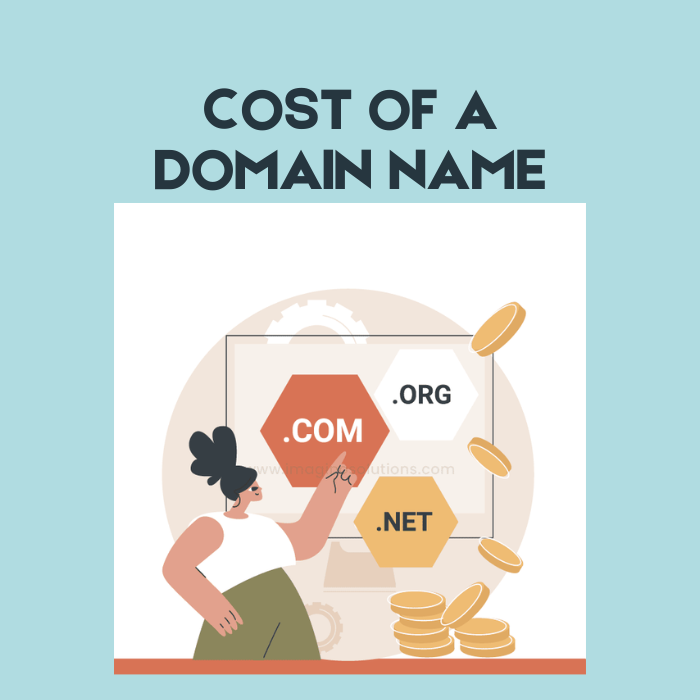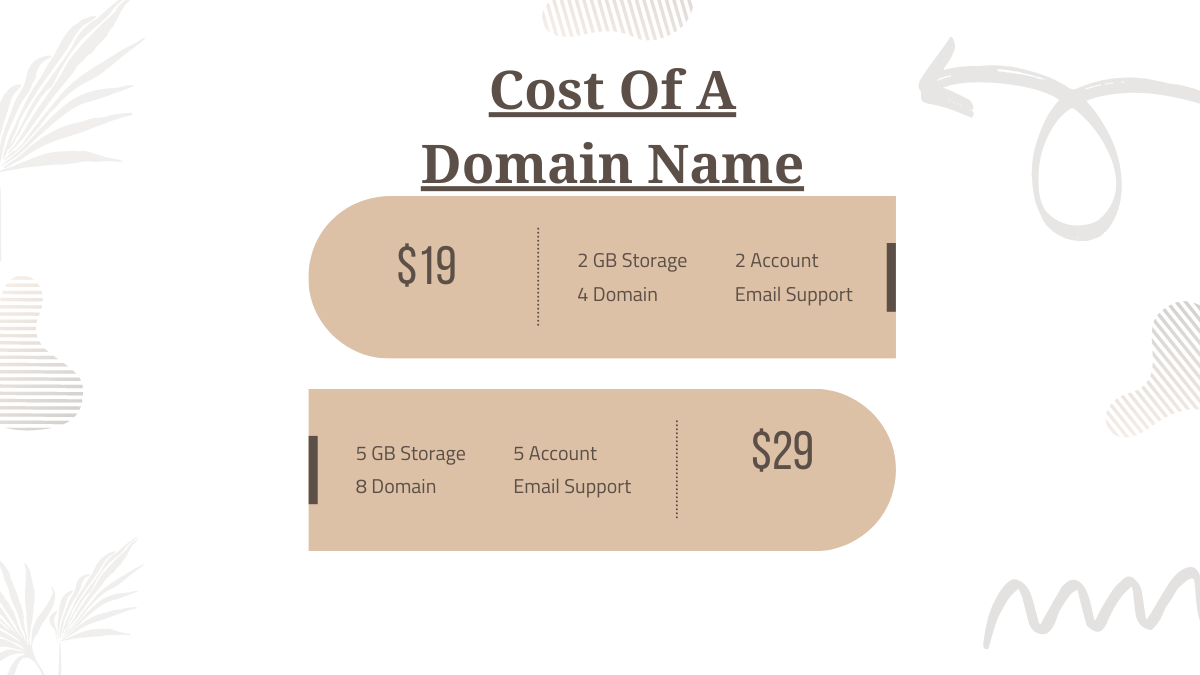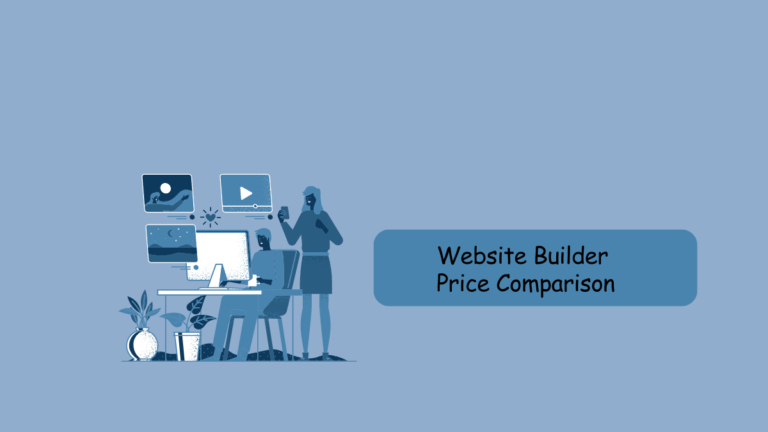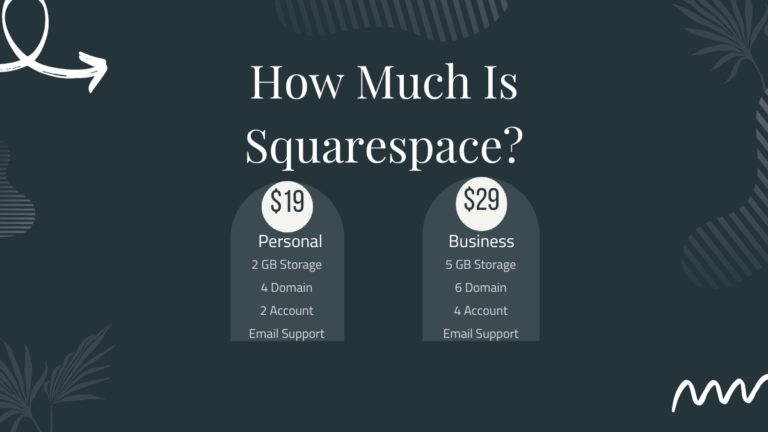Cost Of A Domain Name
Are you ready to embark on a digital journey? Whether you’re starting a new business, launching an online store, or creating your own personal brand, one thing is for sure – you need a domain name.
Often overlooked and underestimated, the cost of a domain name plays a crucial role in establishing your online presence. In this blog post, we will dive deep into the world of domain names and uncover all the factors that contribute to their pricing. So fasten your seatbelts and get ready to unravel the secrets behind securing your very own virtual identity.
Table of Contents
What is a Domain Name?
A domain name is an identification string that defines a realm of administrative autonomy, authority or control within the Internet. Domain names are formed by the rules and procedures of the Domain Name System (DNS). Any name registered in the DNS is a domain name.
Domain names are used in various networking contexts and for application-specific naming and addressing purposes. In general, a domain name identifies a network domain, such as a company’s website, or it can identify individual computers or devices in that network.
Types of Domain Names
There are two types of domain names: generic top-level domains (gTLDs) and country code top-level domains (ccTLDs). Generic top-level domains are the most common type of domain name and include .com, .net, and .org. Country code top-level domains are two-letter domains that correspond to a specific country, such as .us for the United States, .uk for the United Kingdom, and .ca for Canada.
Cost of Different Domain Names
There are many factors that can affect the cost of a domain name. The most important factor is the extension, or top-level domain (TLD), of the domain name. Domain names with popular TLDs such as “.com” or “.net” will typically be more expensive than less popular TLDs such as “.info” or “.biz”. Other factors that can affect the cost of a domain name include the length of the domain name, whether it is a premium domain name, and whether it has been registered by a reputable registrar.
When considering the cost of a domain name, it is important to weigh all of these factors in order to get the best value for your money. In general, shorter domains and those with less popular TLDs will be less expensive, but there are exceptions to every rule. Ultimately, the best way to ensure you are getting a good deal on your domain name is to shop around and compare prices at different registrars before making your final decision.

Advantages and Disadvantages of Purchasing a Domain Name
When it comes to the cost of a domain name, there are two main options: purchasing a domain name outright, or leasing a domain name from a registrar. There are advantages and disadvantages to both methods, and the best option for you will depend on your needs and budget.
If you purchase a domain name outright, you will own the domain name for as long as you continue to renew it. This gives you complete control over the domain name and what happens with it. However, buying a domain name can be expensive, especially if you choose a popular or generic domain name.
Leasing a domain name from a registrar is usually cheaper than purchasing a domain name outright. However, you will not own the domain name and will need to renew the lease periodically. Additionally, the registrar may place restrictions on what you can do with the leased domain name.
How to Register a Domain Name
Assuming you would like a .com domain name, the first step is to find a registrar. There are many domain registrars to choose from, but we recommend using Namecheap, as they are one of the most popular and have reasonable prices.
Once you have found a registrar, the next step is to search for your desired domain name on their website. If it is available, you will be able to add it to your cart and proceed to checkout. If it is not available, you will need to try another registrar or consider alternative domain name options.
At checkout, you will be prompted to enter your contact and billing information. Once everything is entered correctly, you will be able to complete your purchase and officially register your domain name.
Benefits of Owning Your Own Domain Name
There are many benefits of owning your own domain name. Perhaps the most obvious benefit is that it gives you a unique and professional identity on the web. Having your own domain name also makes it easier for people to find you online and can help you build a strong online presence.
Another great benefit of owning your own domain name is that it gives you more control over your online brand. With your own domain name, you can choose how your website looks and feels, and you can also create custom email addresses that match your domain name (for example, info@example.com). This can make you appear more professional and credible to potential customers or clients.
Owning your own domain name can be a great way to generate income. You can set up a website related to your business or personal interests, and then monetize it through advertising, affiliate marketing, or selling products or services. If done right, owning your own domain name can be a very profitable venture.
Security Tips for Protecting Your Domain Name
- Keep your domain name registration information up to date and confidential.
- Use a strong password for your domain name registrar account and never reuse passwords.
- Be cautious of email phishing scams that could lead to hijacking your domain name.
- Monitor your domain name’s WHOIS record regularly for any changes.
- Set up two-factor authentication (2FA) for additional security on your registrar account.
- Use a reputable and secure domain name registrar.
- Keep your website software and plugins up to date to reduce the risk of vulnerabilities.
Alternatives to Purchasing a Domain Name
There are a few alternatives to purchasing a domain name. One is to use a free web hosting service. These services typically give you a subdomain, which is a URL that includes the name of the free web host. For example, if you use WordPress.com as your free web host, your website’s URL would be something like example.wordpress.com.
Another alternative is to use a paid web hosting service that doesn’t include a domain name in the price. With this option, you’ll need to purchase a domain name separately and then point it to your web host. This can be more expensive than getting both services from the same provider, but it gives you more flexibility in choosing a web host since you’re not limited to those that offer domains.
A third alternative is to use a service that provides both domain names and web hosting, such as GoDaddy or 1&1. These services usually have competitive prices and may offer discounts if you purchase multiple products from them.
Conclusion
We hope this article on the cost of a domain name has been helpful in understanding what factors come into play when deciding how much to pay for one. When looking at purchasing a domain, it’s important to look at all of your options before making a decision.
Different registrars offer different prices and features, so make sure you do your research before settling on one. With the right knowledge and research, you can find the perfect domain name for your website that won’t break the bank.






